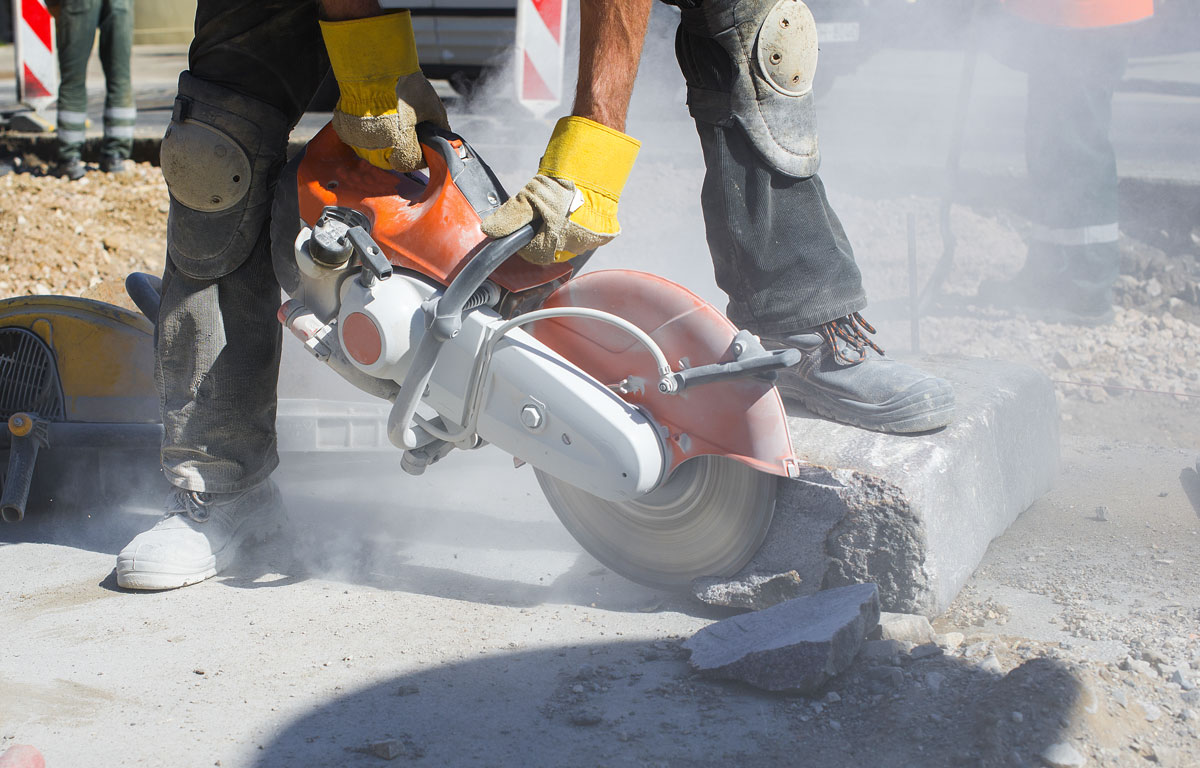When choosing the best slip resistant flooring system, there are several things a maintenance professional must take into consideration. You want to choose the correct system, because after all, you’re spending money, time, and effort to ensure safety to the employees that will be on it. Also, you want to make sure the system you put down will be durable enough to take the abuse.
Here are a few questions to ask yourself when choosing the right flooring system for your facility:
- What is the existing surface that is in place?
- The most popular floor surfaces in food and beverage facilities are urethane cement, an epoxy system, or maybe you have metal plates. The current surface dictates the type of flooring you will choose. If an epoxy system is in place, you will want to select a process that involves an epoxy sealer.
- Will there be high temperature shocks present in this area?
- accidental (hot grease) or not (washdowns)
- Some materials can’t take wide temperature swings.
- What’s the ease of use? (how easy is this system to apply?)
- Consider the ability of your people when choosing a system. Could they do it with some guidance?
- What process environmental factors are there to worry about?
- Is your product susceptible to absorbing odors?
- What materials will the floor be exposed to?
- Harsh chemicals, sugars, byproducts/blood, animal fat, hot oils, etc.
Keep in Mind: Choose a material that is designed to withstand the worst conditions your area will see. Whatever you decide, make sure you’re getting good information and advice from experienced product specialists. Take advantage of their wide and varied experience. It could prove valuable to your maintenance needs.




Share this: